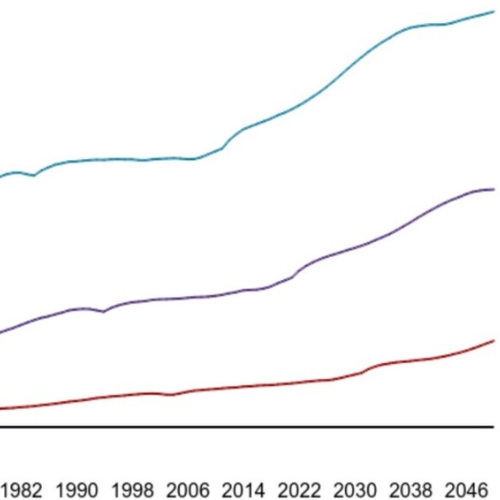Key points from article :
Researchers at Erasmus MC University Medical Centre in the Netherlands analyzed survival rates and nursing home admissions for people with dementia using data from 235 studies involving over 5.5 million participants and 79 studies with 352,990 individuals. The study found that survival after diagnosis is heavily influenced by age, with men diagnosed at 65 living 5.7 years on average, while those diagnosed at 85 survive for 2.2 years.
Women diagnosed at 65 have an average survival of 8.9 years, but those diagnosed at 85 survive for 4.5 years, with women generally having shorter survival due to later diagnoses. People with Alzheimer's disease lived 1.4 years longer than those with other forms of dementia, and those in Asia had an average survival 1.4 years longer than those in Europe or the US.
The research also looked at how long people could live at home before moving to a nursing home, with the average time being 3.3 years. Within the first year after diagnosis, 13% of people moved to nursing homes, and this number increased to 57% after five years. The study found that around one-third of a person's remaining life expectancy was spent in nursing homes. Published in the BMJ, these results stress the importance of early dementia diagnosis for accessing essential care, support, and treatment, ultimately helping people live well for longer.
The study also highlighted that one-third of individuals with dementia in England remain undiagnosed, a situation that has led to calls for improved diagnosis rates and investments in the healthcare system. There are ongoing discussions about reforms to adult social care in England, with some experts urging a quicker and more decisive approach to addressing the challenges of dementia care.








